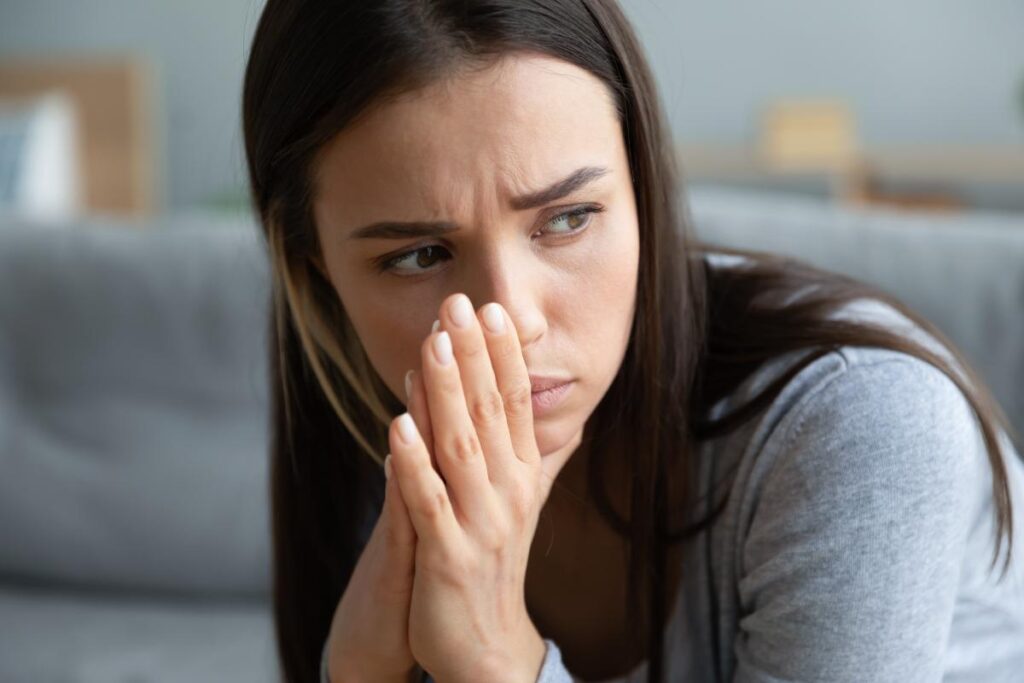At one time or another, we’ve all been there: At a party where everyone is having a little too much to drink, you see your S.O. talking animatedly, maybe even flirtatiously, with someone attractive, and before you can blink twice, you’re raging with jealousy. Or maybe you catch your partner text-flirting with someone far away during a booze-filled evening, and you lose your cool. Situations like these are not flukes. According to recent research, they’re incredibly common and fueled by complex interactions between jealousy and alcohol consumption.
The interplay of alcohol and emotion is fairly well-understood from a medical standpoint, but in some cases, even knowing beforehand how alcohol might affect one’s emotional volatility may not be enough to manage outbursts. Alcohol has plenty of strictly physical health risks, but the social damage it can do is much more prone to volatility. Damaging connections to friends and loved ones can be as irreparable as organ damage, which is why those who can identify their own alcoholism should seek external help, both from peers and professionals. Promises Behavioral Health’s alcohol addiction treatment center takes an approach to care that considers every facet of our patient’s well-being. Call us today at 844.875.5609 to find out what your recovery journey could look like.
Alcohol Abuse and Jealousy: A Vicious Cycle
For starters, drinking alcohol often can loosen your inhibitions and/or magnify your emotional responses to upsetting social situations. Research from Hanover College in Indiana suggests that an increase in jealousy and mistrust between partners while drinking can be linked to “alcohol myopia,” which is a lack of foresight/ discernment and a narrow view of an issue while drinking. In fact, in a 2015 study involving 236 students at Towson University in Maryland, researchers found that 66% of them reported that they had engaged in social behaviors they later regretted while they were drinking. That’s alcohol myopia in action.
Meanwhile, the quality of your love connection and your underlying state of mind also may be factors in the interplay between jealousy and alcohol. In a 2015 study involving 277 people, researchers from the University of Houston examined the links between relationship-contingent self-esteem, feelings of romantic jealousy, and alcohol use. They found that people who experience high levels of jealousy in their romantic relationships are more likely to cope with these unpleasant feelings by drinking alcohol. “These findings were especially true for people who are less satisfied, less committed, and report feeling more disconnected from their partners,” states author Angelo DiBello, Ph.D. In other words, under these circumstances, jealous people in less-secure romantic relationships may end up drinking alcohol to blunt or self-medicate their negative feelings.
Alcoholism as a Coping Mechanism Strains Relationships
This strategy has a high chance of backfiring and causing the person to drink to excess or behave in ways that can harm the relationship (perhaps by leading to conflict, infidelity, or violence), DiBello notes. The results of a previous study led by DiBello suggest a link between maladaptive jealousy and drinking problems: In particular, these emotions were impacted or made more severe by intense alcohol consumption:
- Envy
- Vindictiveness
- Distrust
- Jealousy
- Agitation
This tendency to drink among those with maladaptive jealousy can, in turn, lead to greater alcohol-related problems (such as alcohol abuse and relationship violence). “We found that the combination of an individual having a higher amount of drinking problems and experiencing more negative aspects of romantic jealousy was associated with increased intimate partner violence.” While it’s common and natural for people to experience romantic jealousy in their relationship from time to time, it can become problematic if it’s not handled well.
Ultimately, using alcohol to cope with these uncomfortable feelings can be more harmful than helpful by escalating emotional or physical conflict between the two of you or taking a toll on your physical and/or emotional health. A better approach is to be open with your partner and communicate your feelings of jealousy or insecurity calmly, rationally, and tactfully — at an appropriate time. Don’t do it in the heat of the moment if one or both of you has been drinking, advises Susan Heitler, Ph.D., a psychologist in Denver and author of Prescriptions Without Pills: For Relief from Depression, Anger, Anxiety and More. “It’s better to postpone the discussion to a time when you are feeling calm, well-fed, and well-rested — and don’t have alcohol in your system.”
Promises Behavioral Health Can Keep Alcohol Out of Your Relationship
You and your partner should be looking out for your mutual best interests, and part of that is knowing when alcohol consumption becomes invasive, habitual, and harmful. It’s especially important to keep this in mind when “your best interest” becomes hazy—relationship strain is natural and inevitable, so ensure that alcohol doesn’t make it harder to navigate. If you want to take action to keep alcoholism out of your relationship, Promises Behavioral Health can help. At our alcohol addiction treatment center, we consider everything that goes into our patients’ lives and structure rehabilitation in a way that heals them and those around them. Don’t hesitate to contact Promises at 844.875.5609 and learn how our programs can help you bring stability to your relationship.

